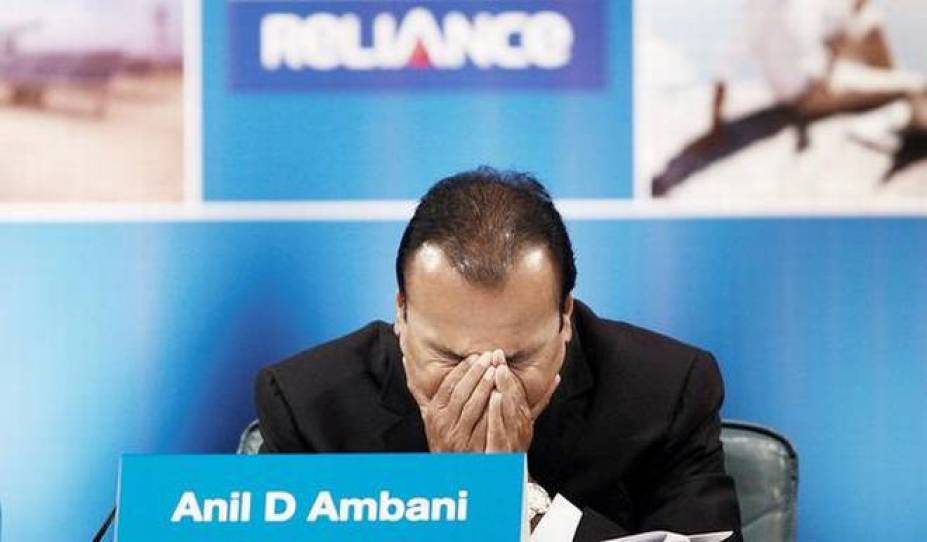Industrialist Anil Ambani and 24 other parties, including former senior officials of Reliance Home Finance, have been barred from the securities market for a period of five years by the Securities and Exchange Board of India (SEBI). Their role in the misappropriation of business cash is the reason behind this action.
Significant financial fraud involving Reliance Home Finance Ltd. (RHFL) has been discovered by SEBI. The plan, which was spearheaded by Anil Ambani and other important individuals, consisted of stealing large sums of money from the business through questionable loan disbursements, severely undermining shareholder profits.
Unprecedented lending amounts given to unsuitable organizations
RHFL sanctioned and disbursed significant Guaranteed Payment Credit (GPC) loans totaling thousands of rupees between FY18 and FY19. Extremely poor financial profiles, including negative net worth and minimal assets, were the recipients of these loans. It is concerning that these loans were approved without any documented security or collateral.
It was common for RHFL’s management to stray from basic credit due diligence. Internal credit ratings were disregarded in spite of the borrowers’ obvious financial vulnerabilities, and the need to determine the likelihood of default was dropped. Because of this lax oversight, hazardous loans were able to move forward unabated.
The Board of RHFL formally directed the suspension of GPC loan payments on February 11, 2019. But the business went on making these loans, even ones that Anil Ambani, as group leader, had approved. The seriousness of the internal control shortcomings is demonstrated by this contempt for board directions.
It has come to light that the promotional group was connected to both the recipients of the monies and the borrowers of the GPC loan. These links were further validated by promoter-group companies’ post-facto promises. Concerns regarding the loan quality and recoverability were voiced by the Statutory Auditor PWC, who resigned in June 2019.
Important participants were fined
Amit Bapna has been fined ₹27 crore by SEBI, Ravindra Sudhalkar ₹26 crore, and Pinkesh Shah ₹21 crore. A number of organizations connected to the fraudulent scam have also been fined ₹25 crore apiece. Their roles in aiding or profiting from unlawful loan disbursements have resulted in these punishments.
As the head of the ADA Group and a major supporter of RHFL’s parent firm, Anil Ambani was instrumental in arranging the illegal loans, according to SEBI. He had the power to approve large loan amounts and to allocate money to affiliated companies.
Despite deviating from established protocols, Bapna, a member of the Credit Committee and a former CFO of RHFL, participated in the loan approval process.Even after the board ordered that GPC loan disbursements stop, he persisted in facilitating them.
In his capacity as RHFL’s CEO, Sudhalkar oversaw the loan administration and approval process. He disregarded the board’s directions, failed to collect money, and broke promises, all of which SEBI said contributed to the company’s final demise.
Shah, the CFO in charge of accounting and finance, verified the accuracy of the company’s financial statements even though he was aware of the dubious lending practices and the auditor’s worries.







